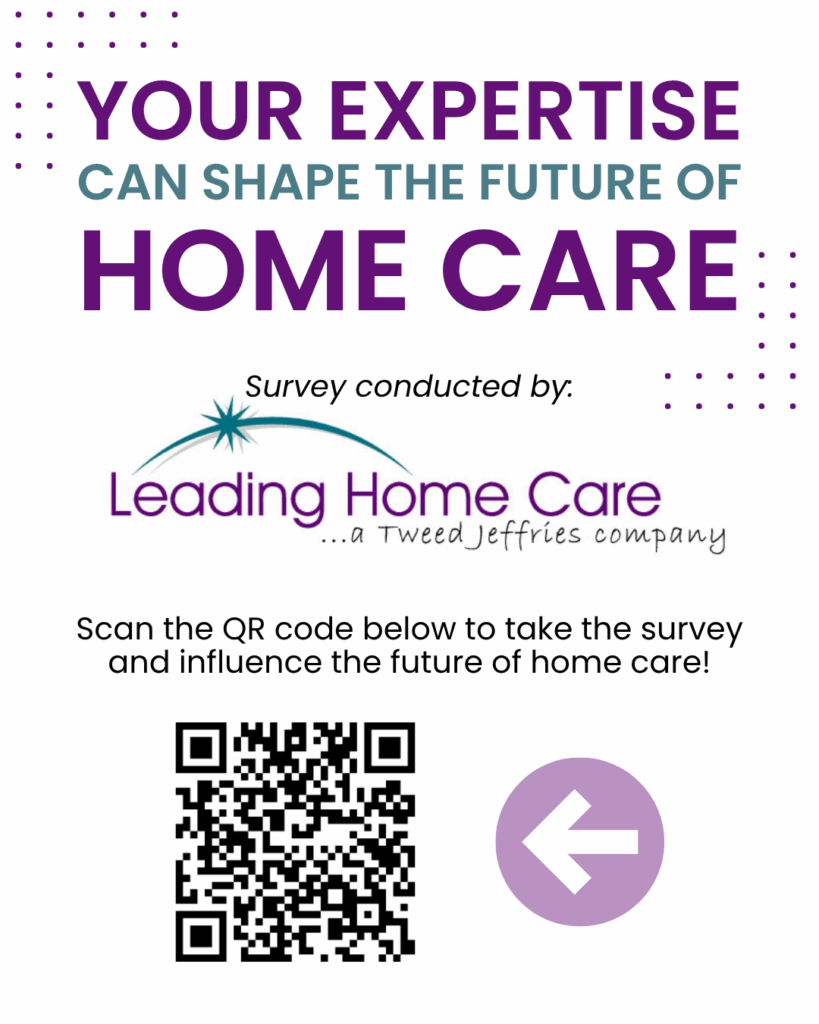Having a hard time getting your clients to take their meds? Having a hard time getting your clients to eat healthier meals? Having a hard time getting your clients to keep their doctor’s appointments?
Health care providers are helping patients kick bad habits and start new regimens by turning the tables on traditional methods. Instead of telling patients what to do and scolding them when they don’t do it, clinicians are asking the person what changes he or she is willing and able to make, and then encouraging them to follow through.
The technique is called “Motivational Interviewing” which was developed in the 1980s for substance abuse and addiction counseling. It has been adapted for chronic disease management, medication compliance, smoking cessation, and weight loss. The process is being promoted by Stephen Rollnick, a professor of health care communication at Cardiff University in Wales, and the founder of the Motivational Interviewing Network of Trainers.
“When people are struggling, they don’t like being told what to do, and they dislike being labeled and blamed,” says Dr. Rollnick. “Motivational Interviewing can bring patients back on board and empower them to consider difficult changes.”
A federally funded study with sponsors including the American Academy of Pediatrics is looking into using Motivational Interviewing by pediatricians to help parents of obese children make progress toward a healthier diet and weight loss.
Here are some tips you and your caregivers can use to help motivate your clients to change their behavior:
- Ask the client about his or her specific goals – for example to lose weight, control their blood sugar, or to take their medications regularly
- Ask why they think they aren’t losing weight, watching what they eat, or taking their meds
- Avoid using terms “must”, “should”, and “have to”.
- Encourage small steps toward a goal.
You can also use this technique as a marketing tool by asking great questions to help the oldest daughter or primary family caregiver make a difficult decision about using your home care services.



